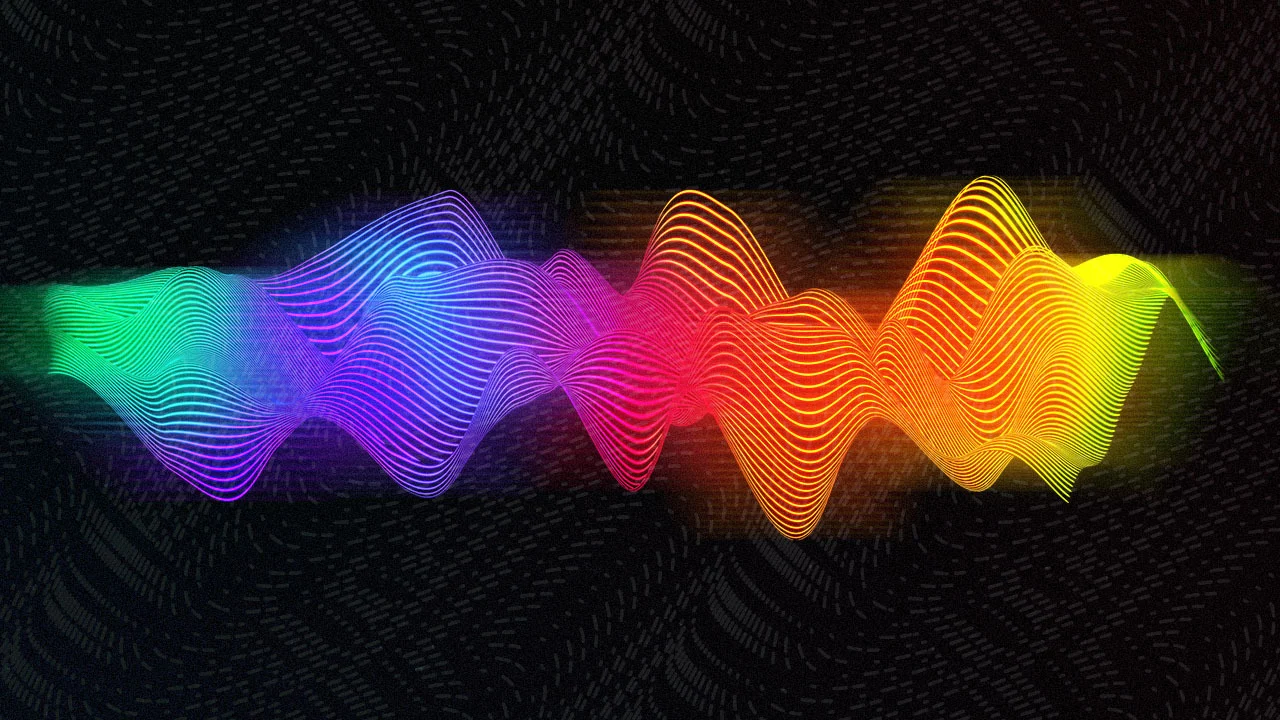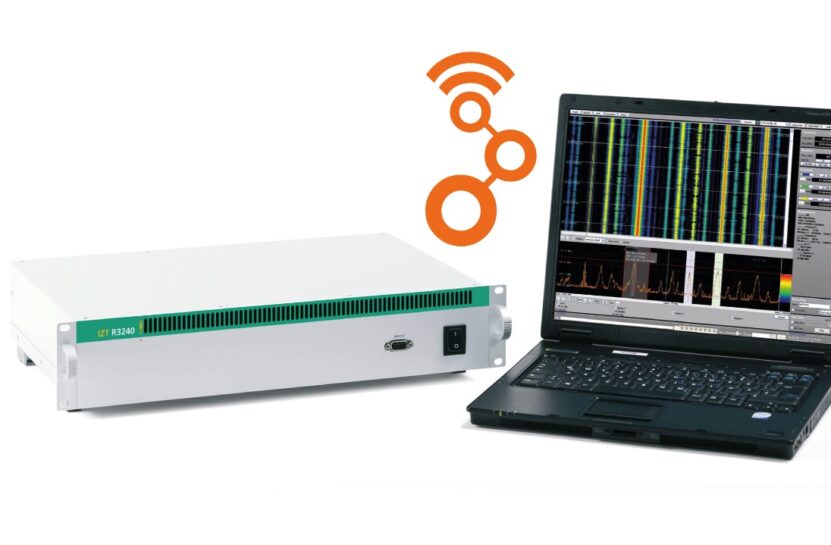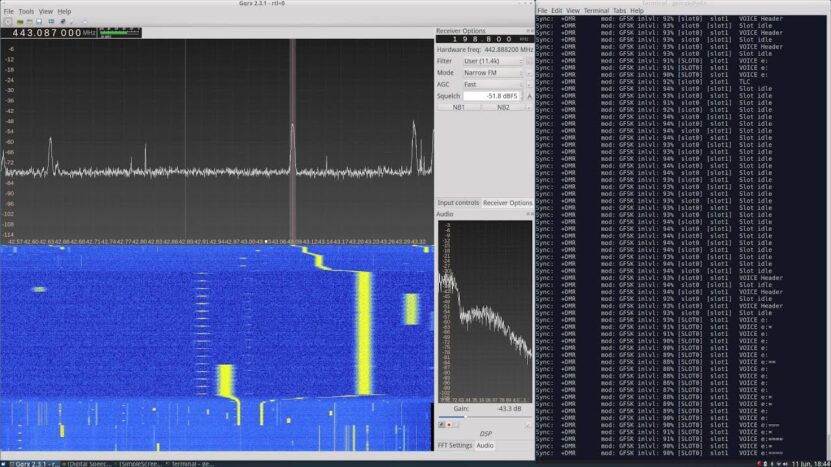
As we venture further into the digital age, the significance of efficient digital signal decoding becomes increasingly paramount. From communication systems to data analysis, digital signal decoders play a crucial role in translating complex signals into understandable data.
In 2024, several innovative software solutions have emerged as leaders in the field, each offering unique features and capabilities. Whether you’re a professional engineer, a hobbyist, or simply curious about the technology, understanding the best digital signal decoder software can significantly enhance your projects and research.
For those unfamiliar, digital signal decoding involves converting digital signals into a readable format. This process is essential in numerous applications, including telecommunications, audio processing, and even in fields like remote sensing and medical imaging.
Given its importance, choosing the right software can make a substantial difference in the efficiency and accuracy of your work. If you’re in search of top-tier digital signal decoder software these are some of the most advanced solutions available.
Decoding the Best Software
Selecting the best digital signal decoder software is no small feat. It requires a thorough understanding of the software’s capabilities, its compatibility with various systems, and how user-friendly it is. With that in mind, here are ten standout digital signal decoder software options for 2024 that cater to different needs and expertise levels.
1. GNU Radio

GNU Radio remains a powerhouse in the world of signal processing. As an open-source platform, it provides extensive flexibility and customization, making it a favorite among professionals and researchers.
GNU Radio supports a wide range of signal processing tasks, from simple filtering to complex modulation and demodulation. Its ability to interface with various hardware platforms, such as USRP and RTL-SDR, makes it an invaluable tool for both experimental and practical applications.
2. HDSDR
High Definition Software Defined Radio (HDSDR) is another exceptional software that has gained a loyal following. It’s known for its user-friendly interface and robust functionality, catering to both beginners and seasoned users.
HDSDR supports a multitude of decoders, including those for digital voice, data, and even slow-scan television (SSTV). Its versatility is further enhanced by its compatibility with multiple hardware platforms, making it a versatile choice for various signal decoding needs.
3. SDR# (SDRSharp)
SDR# is widely regarded for its simplicity and effectiveness. This software is particularly popular among hobbyists due to its ease of use and powerful features. SDR# offers a range of plugins that extend its capabilities, allowing users to decode a variety of signals.
Its real-time processing and high performance make it an excellent choice for those looking to delve into digital signal decoding without a steep learning curve.
4. CubicSDR
CubicSDR is another open-source software that has garnered attention for its straightforward interface and comprehensive functionality. It supports a wide array of modulation types and provides real-time decoding, making it suitable for both educational purposes and practical applications.
CubicSDR’s cross-platform compatibility ensures that it can be used on various operating systems, enhancing its accessibility and convenience.
5. FLDigi
For those interested in amateur radio and digital communication modes, FLDigi is a must-have. This software specializes in decoding a wide range of digital modes, including PSK31, RTTY, and Olivia.
FLDigi’s integration with logging and control software further streamlines the process of managing and decoding signals, making it a favorite among amateur radio enthusiasts.
6. Sigmira
Sigmira stands out with its focus on shortwave radio signals. It provides a range of tools for decoding various digital signals found in shortwave broadcasts, including digital voice and text. Sigmira’s straightforward interface and specific focus make it an excellent choice for users interested in shortwave radio decoding.
7. CWSkimmer
CWSkimmer is a unique software designed specifically for Morse code enthusiasts. It employs advanced algorithms to decode Morse code signals and presents them in a readable format. CWSkimmer’s accuracy and real-time decoding capabilities have made it a favorite tool among amateur radio operators and Morse code aficionados.
8. DSD+ (Digital Speech Decoder)

DSD+ is a powerful tool for decoding digital voice signals, particularly those used in public safety and amateur radio communications. It supports various digital voice modes, including DMR, D-STAR, and NXDN. DSD+’s ability to decode these complex signals in real-time makes it an invaluable resource for anyone involved in monitoring digital voice communications.
9. MultiPSK
MultiPSK is a versatile software that supports a vast array of digital modes, including many used in amateur radio and utility monitoring. Its comprehensive functionality and user-friendly interface make it accessible to users with varying levels of expertise.
MultiPSK’s continuous updates and support for new modes ensure that it remains relevant in the ever-evolving field of digital signal decoding.
10. Quisk
Quisk is a software-defined radio application that combines simplicity with powerful features. It supports a range of decoders and provides real-time processing capabilities. Quisk’s flexibility and compatibility with various hardware platforms make it a suitable choice for both novice users and experienced professionals.
Choosing the Right Software
When selecting digital signal decoder software, several factors should be considered. Compatibility with your hardware is crucial; ensure that the software you choose supports the hardware you plan to use. User interface and ease of use are also important, particularly if you’re new to signal decoding. Look for software that provides a balance between functionality and user-friendliness.
Another critical factor is the range of supported decoders. Depending on your specific needs, you may require software that supports a wide variety of digital modes. For instance, if you’re focused on amateur radio, software like FLDigi or MultiPSK would be ideal. On the other hand, if you’re interested in shortwave signals, Sigmira would be more appropriate.
Future Trends in Digital Signal Decoding

As technology continues to evolve, so too will digital signal decoding software. Future trends point towards increased integration with artificial intelligence and machine learning, allowing for more accurate and efficient decoding. These advancements could enable software to automatically identify and decode unknown signals, significantly enhancing their utility.
Additionally, the trend towards open-source software is likely to continue, with more developers contributing to and improving these tools. This collaborative approach ensures that the software remains up-to-date with the latest advancements and user needs.
Conclusion
Digital signal decoder software is an essential tool in numerous fields, from telecommunications to amateur radio. The best software options in 2024 offer a range of features and capabilities, catering to different levels of expertise and specific needs. Whether you’re a seasoned professional or a curious beginner, understanding and utilizing these tools can greatly enhance your projects and research.
